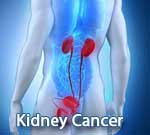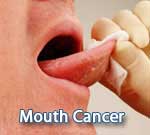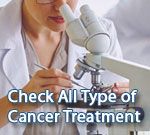Cutaneous T-Cell Lymphoma
Follow-up Care
Non-Hodgkin lymphoma and its treatment can lead to other health problems. You may receive supportive care to prevent or control these problems and to improve your comfort and quality of life during treatment.
You may receive antibiotics and other drugs to help protect you from infections. Your health care team may advise you to stay away from crowds and from people with colds and other contagious diseases. If an infection develops, it can be serious, and you will need treatment right away.
Non-Hodgkin lymphoma and its treatment also can lead to anemia, which may make you feel very tired. Drugs or blood transfusions can help with this problem.
Nutrition and Physical Activity
It's important for you to take care of yourself by eating well and staying as active as you can.
Sometimes, especially during or soon after treatment, you may not feel like eating. You may be uncomfortable or tired. You may find that foods do not taste as good as they used to. In addition, the side effects of treatment (such as poor appetite, nausea, vomiting, or mouth sores) can make it hard to eat well. Your doctor, a registered dietitian, or another health care provider can suggest ways to deal with these problems.
Many people find they feel better when they stay active. Walking, yoga, swimming, and other activities can keep you strong and increase your energy. Exercise may reduce nausea and pain and make treatment easier to handle. It also can help relieve stress. Whatever physical activity you choose, be sure to talk to your doctor before you start. Also, if your activity causes you pain or other problems, be sure to let your doctor or nurse know about it.
Follow-up Care
You'll need regular checkups after treatment for non-Hodgkin lymphoma. Your doctor will watch your recovery closely and check for recurrence of the lymphoma. Checkups help make sure that any changes in your health are noted and treated as needed. Checkups may include a physical exam, lab tests, chest x-rays, and other procedures. Between scheduled visits, you should contact the doctor right away if you have any health problems.
You may want to ask your doctor these questions after you have finished treatment:
- How often will I need checkups?
- Which follow-up tests do you suggest for me?
- Between checkups, what health problems or symptoms should I tell you about?





































